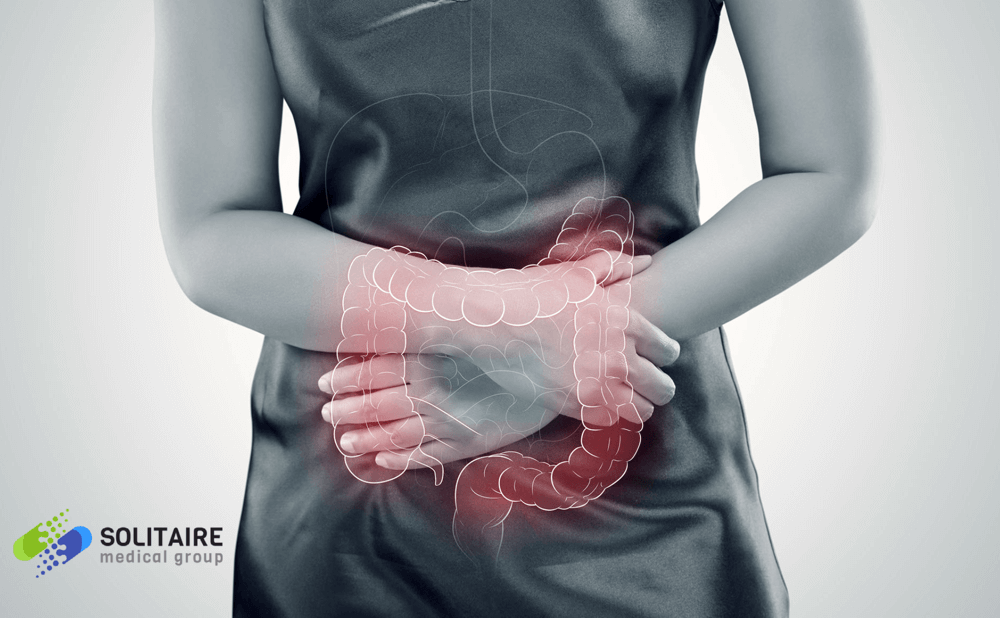Crohn’s disease is a type of autoimmune inflammatory bowel condition, meaning your body’s immune system can attack the gastrointestinal system without really knowing what to expect.
Here is a list of important things to know about this mysterious disease.
What is Crohn’s disease?
Crohn’s disease is a chronic inflammatory condition occurring anywhere along the gastrointestinal tract, or in the small intestine as well as affecting the colon.
Varying in its severity from mild to debilitating, the symptoms of Crohn’s disease are often different for different people, which is why a single generic test might not be enough for your doctor to diagnose this condition.
What causes Crohn’s disease?
Researchers have not been able to find what causes Crohn’s disease or who is more likely to develop one, hence a disease with no cure.
However, a combination of factors like genetics, environmental factors such as pollution, exposure to chemicals, diet and an unpredictable immune reaction is to be blamed.
At the same time, there is no evidence that a specific diet or life stressor can trigger Crohn’s disease.
Symptoms of Crohn’s disease
The symptoms of Crohn’s disease appear gradually, but sometimes it can come suddenly without any warnings. Keep an eye for;
- Fatigue and repetitive tiredness without doing anything strenuous
- Abdominal opain coupole with cramps
- Reduced appetite and weight loss
- Diarrhea and ingestion
- Rectal bleeding
- Mouth sores
Who is more likely to be affected by Crohn’s disease?
Crohn’s disease can occur at any age, but it is mostly diagnosed in the younger generations- adults in their teens and between the age of 20s and 30s.
Studies have also found that people who have first-degree relative suffering from or been diagnosed with Crohn’s disease are at a higher risk of developing one.
Australia has one of the highest Crohn’s diseases prevalence
Crohn’s disease is on the rise everywhere in the world with Australia having one of the highest prevalence in the world.
More than 80,000 Australians are currently living with this chronic condition and the numbers are only expected to increase from year to year.
What are flare-ups and how can we stop them?
Flare-ups or relapse of Crohn’s disease is generally characterised by vomiting, nausea, bloody stool and cramps in your abdomen.
While your doctor will prescribe medicines to suppress it, at the same time, you can stick to a high-fibre diet, avoid caffeinated drinks and take care of your stress.
Can someone die from Crohn’s disease?
Crohn’s disease can cause several serious, potentially life-threatening health complications.
However, Crohn’s and Colitis Foundation states that it is highly unlikely to die with this condition.
Can Crohn’s disease lead to Colorectal Cancer?
People with Crohn’s disease have a heightened risk of developing colorectal cancer.
The inflammation can cause a continuous change in the inner lining of the colon which in turn causes irregularities that may lead to colorectal cancer.
So, it is advised to visit your doctors for routine screening for colorectal cancer if you have an active Crohn’s disease.

